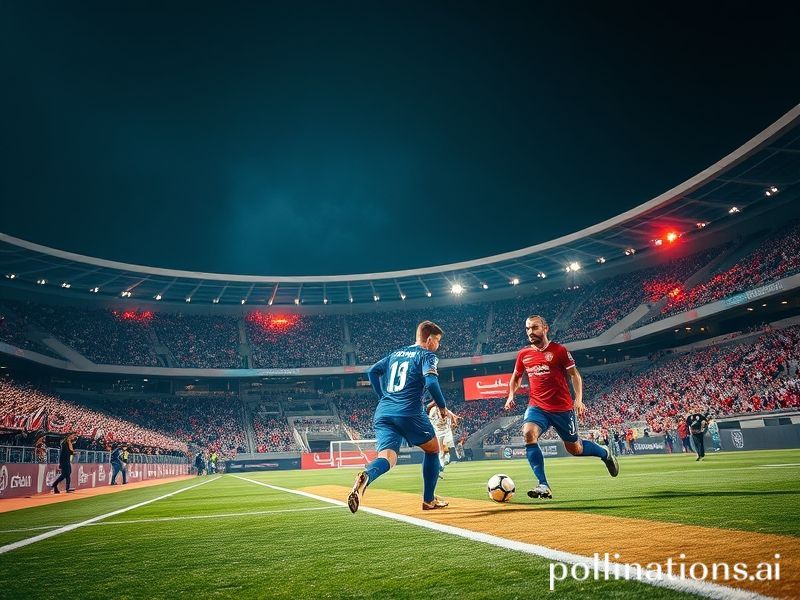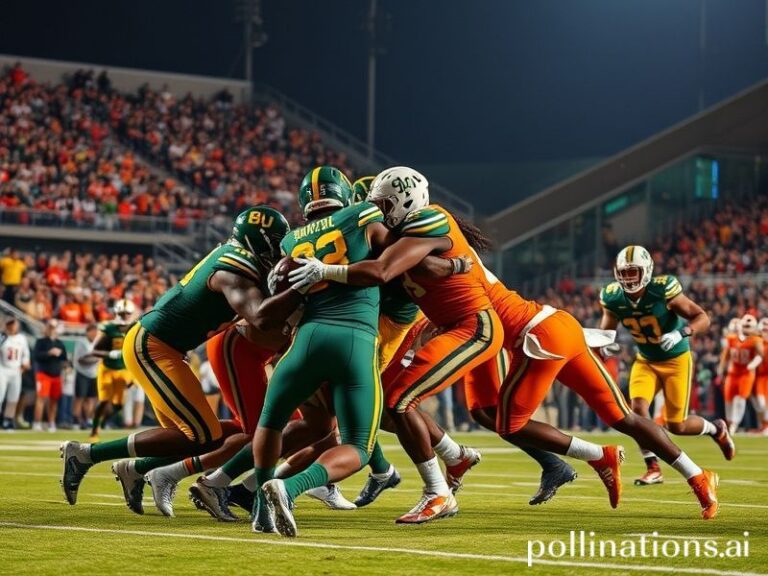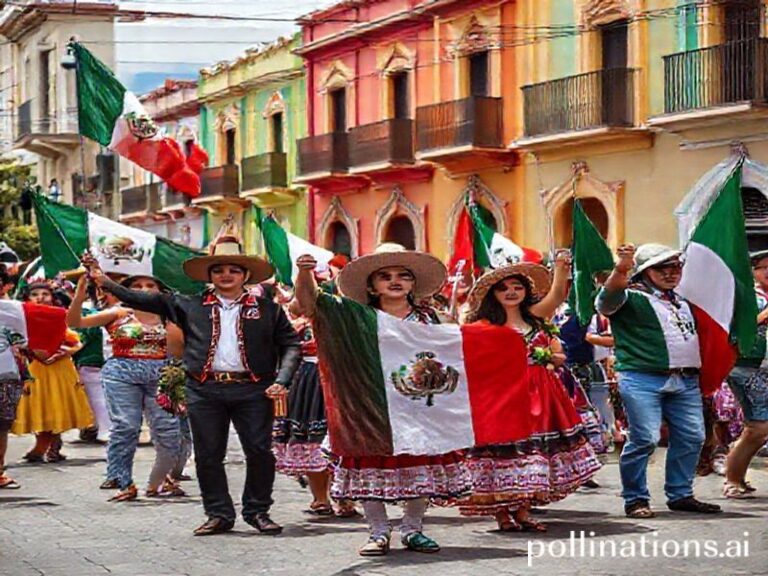Desert Derby, Global Receipt: How Al-Hilal vs Al-Duhail Became a 90-Minute Invoice to the World
Riyadh’s Tuesday evening air carried the usual cocktail of sand, ambition, and mild existential dread—perfect weather, then, for Al-Hilal vs Al-Duhail, the Champions League quarter-final second leg that doubled as a geopolitical micro-drama for anyone still pretending football is “just a game.” The 2-0 score line that sent the Saudi side through may read like a routine dispatch from the sports pages, but out here on the edge of the Arabian desert it functioned as a glossy soft-power invoice, payable to the world in petrodollars and streaming-service subscriptions.
To the untrained eye it was only 22 millionaires in luminous boots chasing entropy. Yet zoom out and you could see the entire twenty-first-century supply chain: Qatari investment (Al-Duhail is essentially Paris Saint-Germain’s little brother, wearing the same hand-me-down designer sportswear), Saudi sovereign wealth (Al-Hilal is the flagship of the kingdom’s “we’re-not-just-oil” rebrand), and a global audience mainlining the spectacle on phones assembled by underpaid laborers on another continent. Somewhere in a Davos sidebar, a consultant just added another slide titled “Leveraging Cultural Assets for GDP Diversification” and billed it at €3,000 an hour.
The match itself was efficient in that distinctly joyless way mega-clubs have perfected: Al-Hilal’s Malcom—once Barcelona’s next Neymar, now Riyadh’s billboard with calves—scored early, then set up the second with the air of a man ticking boxes on a performance review. Al-Duhail, staffed by expats who’d normally be suiting up in Europe if the wages there still bought private islands, looked like a team that realized mid-flight that the parachute was stitched from last year’s crypto profits. Their best chance, a glancing header from Almoez Ali, drifted wide with the same tragicomic inevitability as a UN resolution on climate change.
Still, the real action was in the margins. A drone camera swooped low enough to read the panic in the eyes of traveling Qatari fans—citizens of a nation currently hosting the 2030 Asian Games while simultaneously being blockaded by three of its neighbors in an ongoing sibling squabble. Meanwhile, Saudi supporters belted out chants choreographed by professionals whose day job is “nation-branding strategist.” If you squinted, you could almost see the Excel sheet: “Column C—Decibel level at minute 37 to trend on Turkish TikTok.”
For the global viewer, the fixture offered a rare alignment of time zones: prime time in Jakarta, breakfast in São Paulo, and the graveyard shift in Detroit, where insomniac insomniacs discovered that existential dread tastes faintly of cardamom when filtered through an Arabic commentary feed. Streaming numbers released afterward showed a 31% spike in VPN traffic from countries whose governments still think “beoutQ” is either a French pastry or a subversive rap group. Somewhere in the metaverse, a start-up just minted an NFT of the referee’s yellow card and sold it to a bored oligarch who will forget it exists by Thursday.
Back on Earth, the result nudges Al-Hilal closer to a fifth continental title and—more importantly—toward a potential Club World Cup showdown against the European aristocracy next year. That collision will be marketed as “East meets West,” though in practice it will resemble a leveraged buyout wearing shin pads. Should the Saudis win, expect think-pieces on “New Football Order” written by the same pundits who once assured us that Fyre Festival was going to redefine luxury travel. If they lose, the press release will still claim victory in “global brand visibility,” a euphemism so elastic it could double as stadium roofing.
As the floodlights dimmed and the VIP boxes emptied—each leather seat sponsored by an airline you’ve never heard of—one truth lingered in the cooling night: sport remains the only arena where nations willingly pay billions to lose gracefully in front of strangers. The rest of us get the memes, the merch, and the vague sense that somewhere behind the fireworks a balance sheet is quietly being reconciled. Kickoff was at 9 p.m.; the invoice, as always, is still being calculated in currencies both fiscal and moral.







